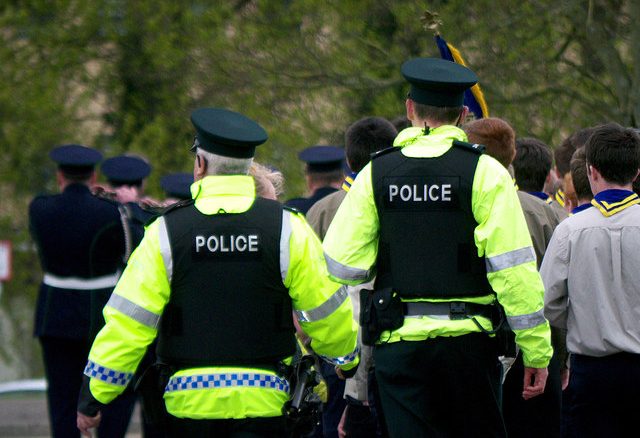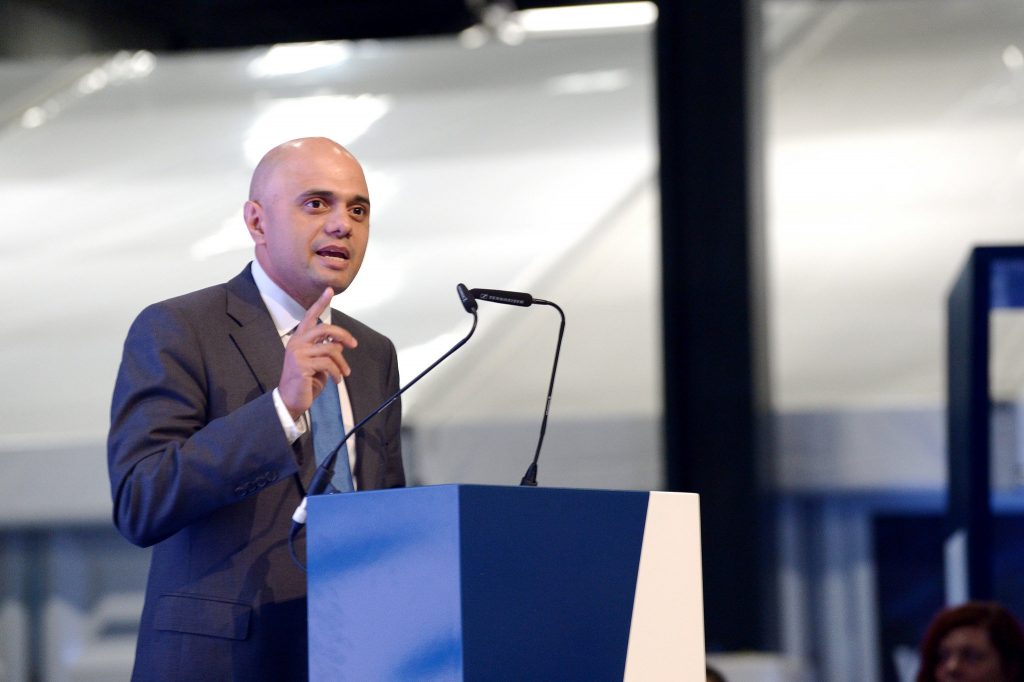Knife crime in the capital has never felt more of a pressing issue. Last year, a record number of deaths weighed heavily, as one particularly sombre week of violence claimed the lives of five young people. In an attempt to reduce knife crime, the government has proposed amendments to the Offensive Weapons Bill, but critics say these amendments may overlook the human rights of children.
In a letter to the Home Office, the Joint Committee on Human Rights have outlined their concerns that proposed amendments may criminalise children “not for carrying a knife (which is already against the law) but for breaching requirements which could be imposed in ways which prevent them from living a normal life”.
The changes would allow police to place asbo-like orders on children aged 12 or over that they suspect to be involved with knife crime, but no hard evidence will be needed in an amendment the Committee has called “a balance of probabilities, rather than the criminal standard of proof”.
If young people break the restrictions of their orders, they may be imprisoned for a maximum of two years, including those aged 12 and over.
Criminalising a Generation of Young People?

Young people could be imprisoned without having committed a knife crime – but the JCHR is trying to change that. Image credit: Unsplash
The requirements attached to an order… could be particularly invasive and interfere with the right to private and family life
The Joint Committee on Human Rights in a letter to Home Office Minister Baroness Williams
The Committee describe the procedure of allowing children to be prosecuted without proof “particularly invasive”, and insist it could “interfere with the right to private and family life, the right to freedom of religion, the right to freedom of expression, the right to freedom of association, and the right to peaceful enjoyment of property”.
Wrongful arrest of young people without proof would be a breach of Articles, 8, 9, 10 and 11 of the Human Rights Act which entrenches our rights to privacy, freedom and family life, amongst other fundamental pillars of human rights.
It risks criminalising a generation of young people who have grown up unsupported
Sarah Jones MP and chair of all-party parliamentary group on knife crime
Speaking to The Guardian, Sarah Jones MP and chair of the all-party parliamentary group on knife crime said: “Imprisoning a young person – as young as 12 years old – for two years for breaching this order is completely disproportionate. It risks criminalising a generation of young people who have grown up unsupported and who often turn to carrying weapons out of fear.”
As restrictions can be placed on suspicious individuals, rather than those who have been charged with crimes, critics argue that jail terms will be unfair – as young people could be placed in prison for breaching their orders, rather than committing a knife crime.

The amendments would give more power to the police. Image credit: Geograph.ie
Home Secretary Proposes Social Media Bans
The Committee is responding to home secretary Sajid Javid’s proposed asbo-influenced orders designed with the intention of cutting back knife crime dramatically.
The knife crime prevention orders are diverse, but in some cases will place social media bans on potential criminals in order to reduce the chance of gangs forming or communicating online, and in other cases offer curfews and geological restrictions.
I will do everything in my power to tackle the senseless violence that is traumatising communities and claiming too many young lives.
Home Secretary Sajid Javid
Home secretary Sajid Javid said: “I have been clear that I will do everything in my power to tackle the senseless violence that is traumatising communities and claiming too many young lives.
“The police already have a range of measures they are using to keep our streets safe, but there is more we can do to help them in this battle. I have listened to their calls and will be introducing these new orders to stop gang members carrying knives in the first place.”

Home secretary Sajid Javid has proposed the controversial amendments. Image credit: Flickr
However, the Committee’s letter continues: “The Committee is concerned that wide-ranging, unlimited prohibitions and requirements, based on suspicion only, could be applied disproportionately in ways which are not compliant with human rights law.”
There are also fears orders placed could be racially discriminatory, as records have proven ‘random’ stop and search initiatives in the capital have unfairly marginalised ethnic minorities in the past.







